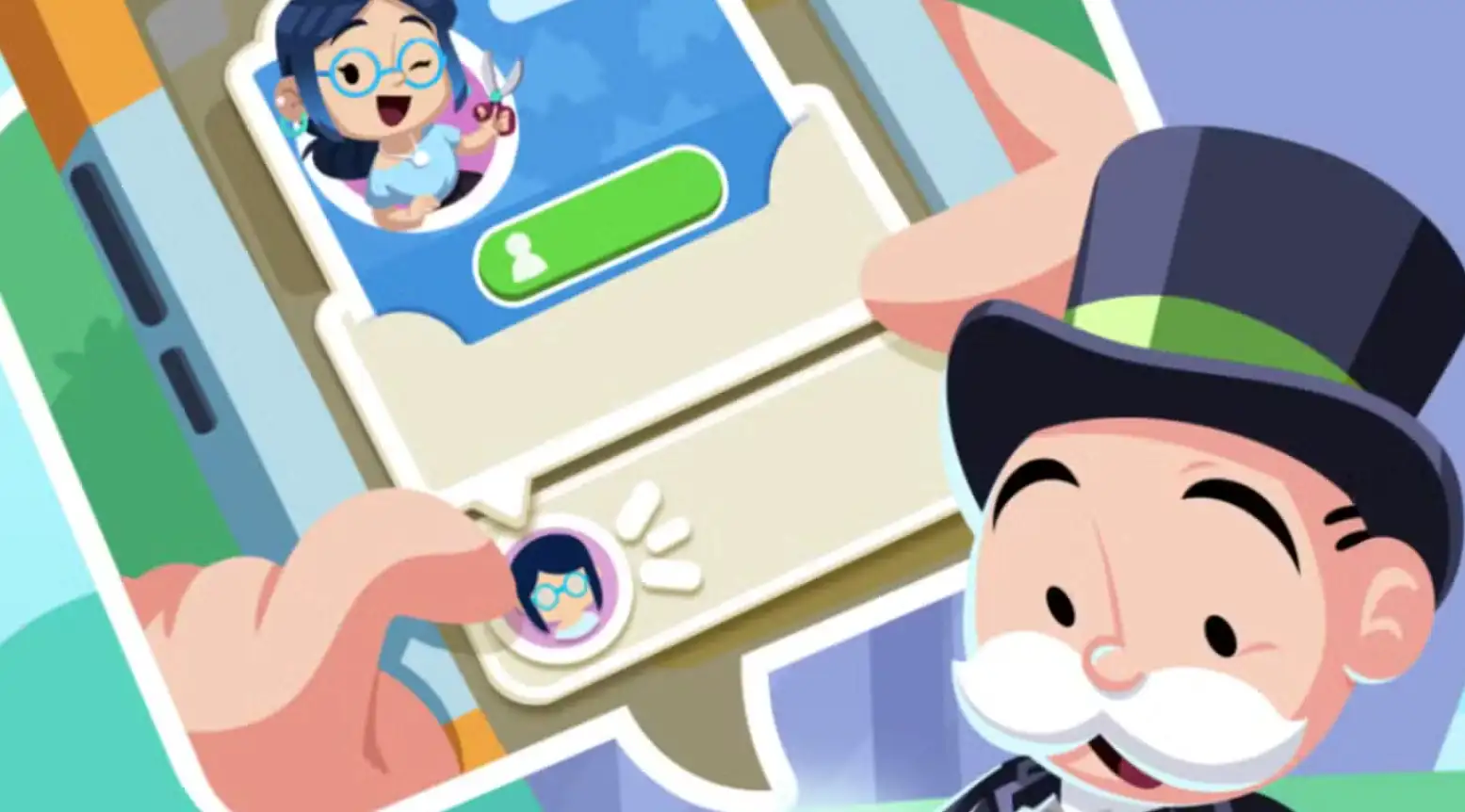Teenager Spends $25,000 on Monopoly GO In-App Purchases

A 17-year-old reportedly spent $25,000 on in-app purchases in Monopoly GO. While the game itself is free to play, it heavily relies on microtransactions to allow users to progress faster and unlock exclusive rewards. These purchases can quickly add up, as one family recently discovered the hard way.
This teenager isn’t the only person to spend a significant amount of money on the app. Another player admitted to spending $1,000 before deciding to delete the game. While that’s already a hefty sum for a free-to-play game, it’s just a fraction of the $25,000 spent in this latest case.
According to a now-deleted Reddit post, a user revealed that their 17-year-old stepdaughter made 368 in-app purchases on Monopoly GO through the App Store, totaling $25,000. The stepparent shared the story on Reddit, asking for advice on how to address the situation. However, the comments weren’t encouraging. Many pointed out that Monopoly GO’s terms of service hold users accountable for all purchases, intentional or not. This policy is common in freemium games, which often rely on microtransactions to generate revenue—similar to how the Pokémon TCG Pocket earned $208 million in its first month.
The Ongoing Controversy of In-Game Microtransactions

This isn’t the first time microtransactions in gaming have caused controversy. In 2023, an NBA 2K player filed a class-action lawsuit against Take-Two Interactive over its microtransaction system, following another similar lawsuit settled the year before. While the Monopoly GO incident likely won’t end up in court, it highlights growing frustration with in-app spending models.
The gaming industry’s reliance on microtransactions is no surprise—they’re incredibly profitable. For example, players collectively spent over $150 million on Diablo 4’s in-game purchases. Developers benefit from encouraging smaller, frequent purchases rather than asking players to make large, upfront payments.
However, this model has its downsides. Many gamers criticize microtransactions for being misleading, often leading users to spend far more than they initially intended. This frustration adds to the growing debate over whether such systems exploit players, particularly those who may not fully understand the financial consequences.
A Lesson for Players and Families
Sadly, the Reddit user who shared this Monopoly GO story may struggle to recover the money spent by their stepdaughter. The game’s policies are clear about user accountability, making refunds unlikely.
For everyone else, this case serves as a reminder of how easy it is to lose track of spending in free-to-play games like Monopoly GO. The allure of small, incremental purchases can quickly spiral into significant financial consequences, leaving players—and their families—facing hefty bills.
As the controversy around microtransactions continues, it’s important for players to remain vigilant and for families to monitor in-app spending to avoid situations like this in the future.
